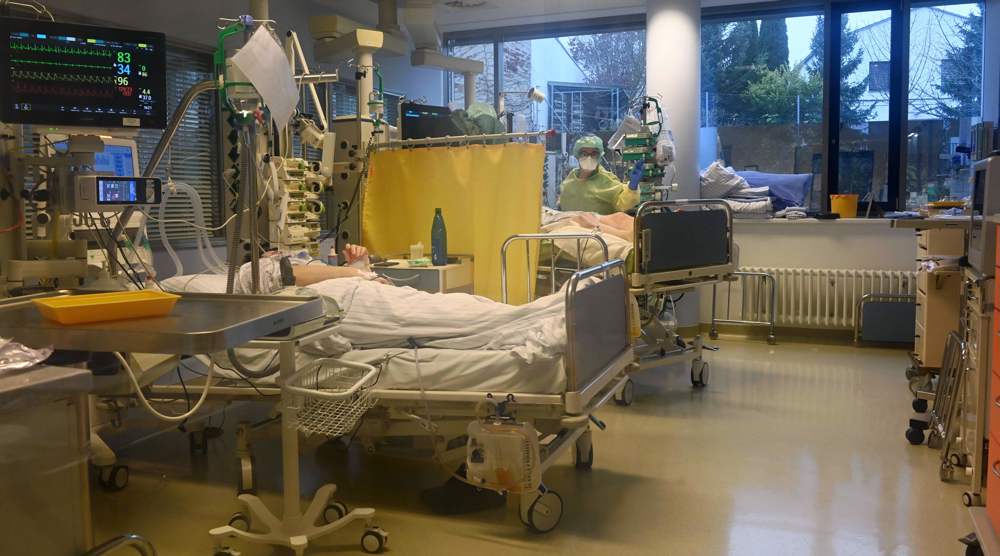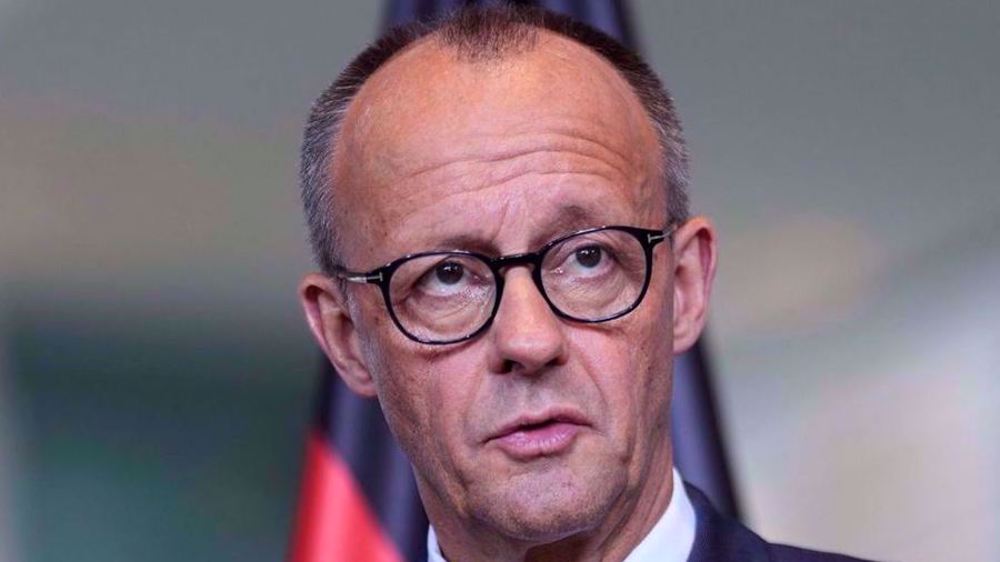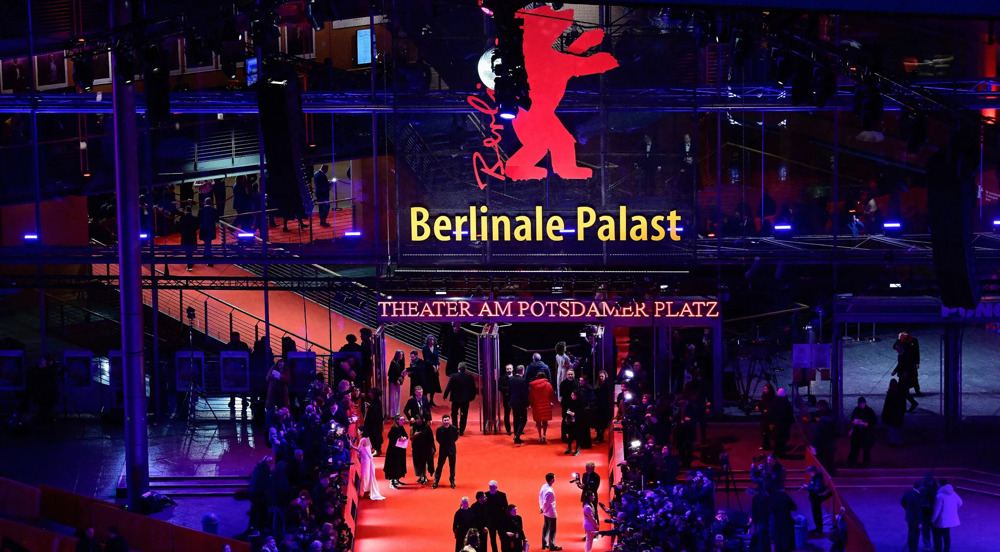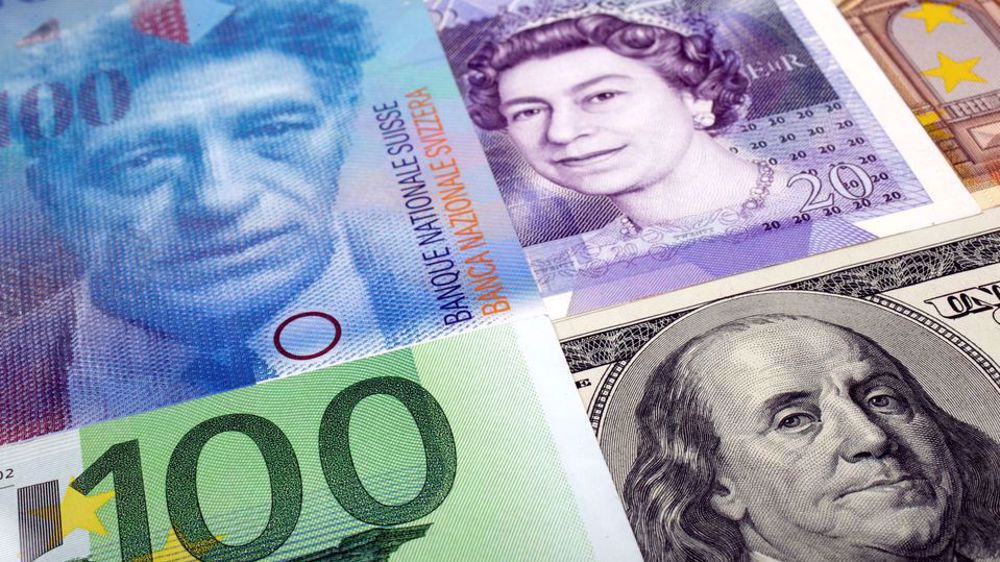Germany headed for recession as Covid restrictions tighten
Germany is heading toward recession amid persistent supply bottlenecks and a fourth wave of coronavirus infections in Europe's largest economy.
Germany’s economy is expected to shrink 0.5% in the fourth quarter of this year in comparison with the third, according to projections published by the Ifo Institute for Economic Research.
It will also stagnate in the first three months of 2022, the group predicted. An economy is in recession when it contracts for two consecutive quarters.
Although growth is expected to pick up next summer, the slow start to the year will cost the manufacturing powerhouse.
Ifo slashed its growth forecast for 2022 by 1.4 percent to 3.7%, expecting inflation to rise by 3.1 percentage points this year and 3.3% in 2022, rates that far exceed the European Central Bank’s target of 2%.
Meanwhile, consumer prices are not projected to return to normal until 2023, according to Ifo.
"The strong recovery initially expected for 2022 will be further pushed back," Ifo chief economist Timo Wollmershaeuser said.
"Rising costs associated with delivery bottlenecks play a driving role, as does the delayed adjustment to the increased energy and raw material prices," Wollmershaeuser said.
Ifo says that inflation rate might slow to 1.8% in 2023.
Ifo head Clemens Fuest called on the ECB to announce an end to its Pandemic Emergency Purchase Programme (PEPP) at its regular meeting on Thursday.
"We have very strong signals from companies that significant price increases are imminent," Fuest said.
This comes as the number of new coronavirus cases in Germany has increased in recent weeks.
The country is also falling behind in its vaccination campaign, with just 69.7 percent of the population fully vaccinated against the Covid as of December 13.
Participation shrinks at Israeli arms expo in wake of Gaza genocide: Report
Venezuela calls on UN to pressure US for Maduro’s immediate release
Hamas: Israel seeks to break Palestinian abductees’ will through abuse
Former UK ambassador released on bail after arrest in Epstein-linked probe
Hamas condemns Israel’s arson attack on mosque in West Bank, calls for mobilization
Trump's top general warns of Iran aggression risks: reports
VIDEO | US ambassador’s remarks on Israel’s expansion spark outrage
VIDEO | ‘Protect the Right to Protest’ rally held outside London court












 This makes it easy to access the Press TV website
This makes it easy to access the Press TV website